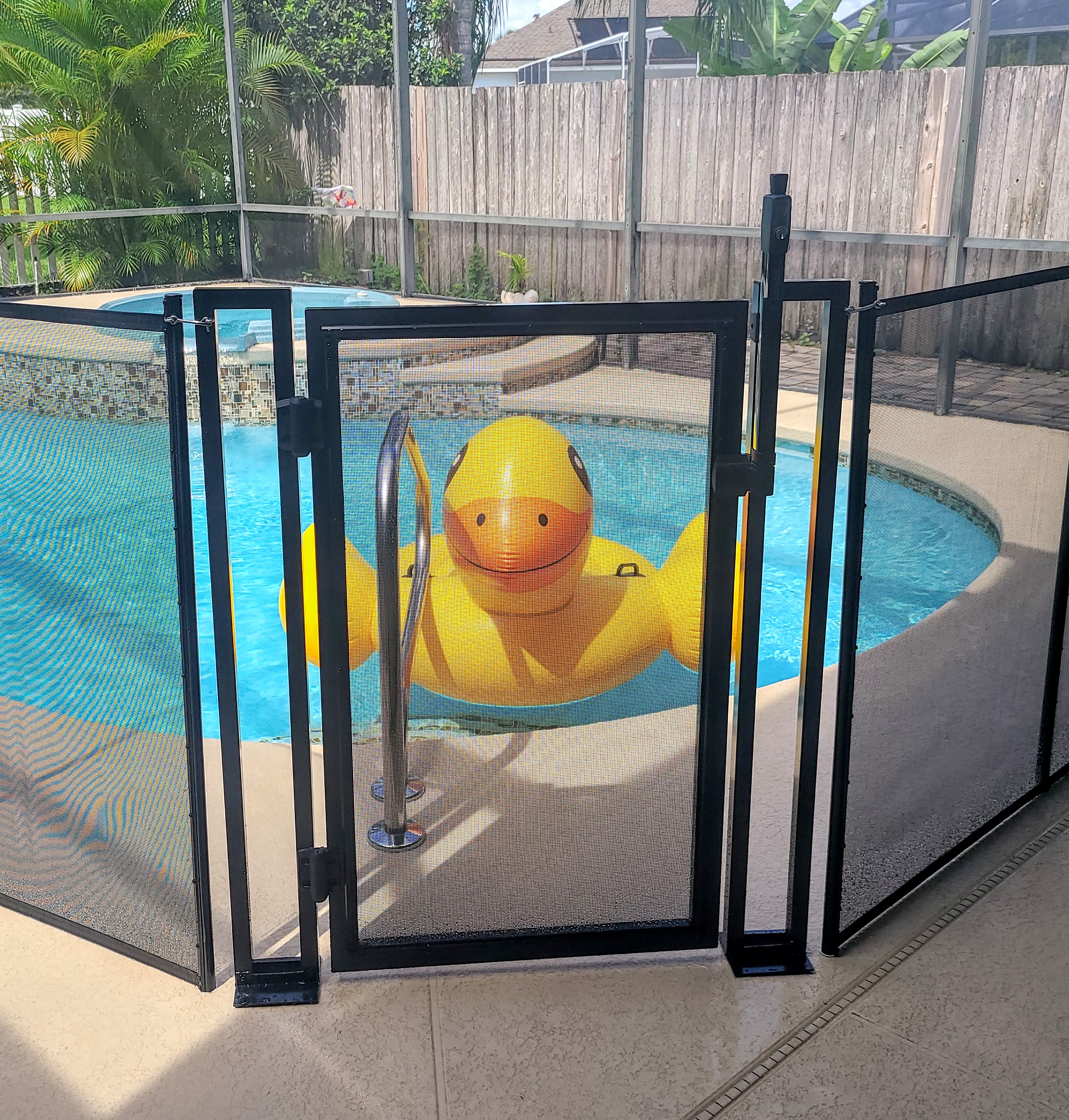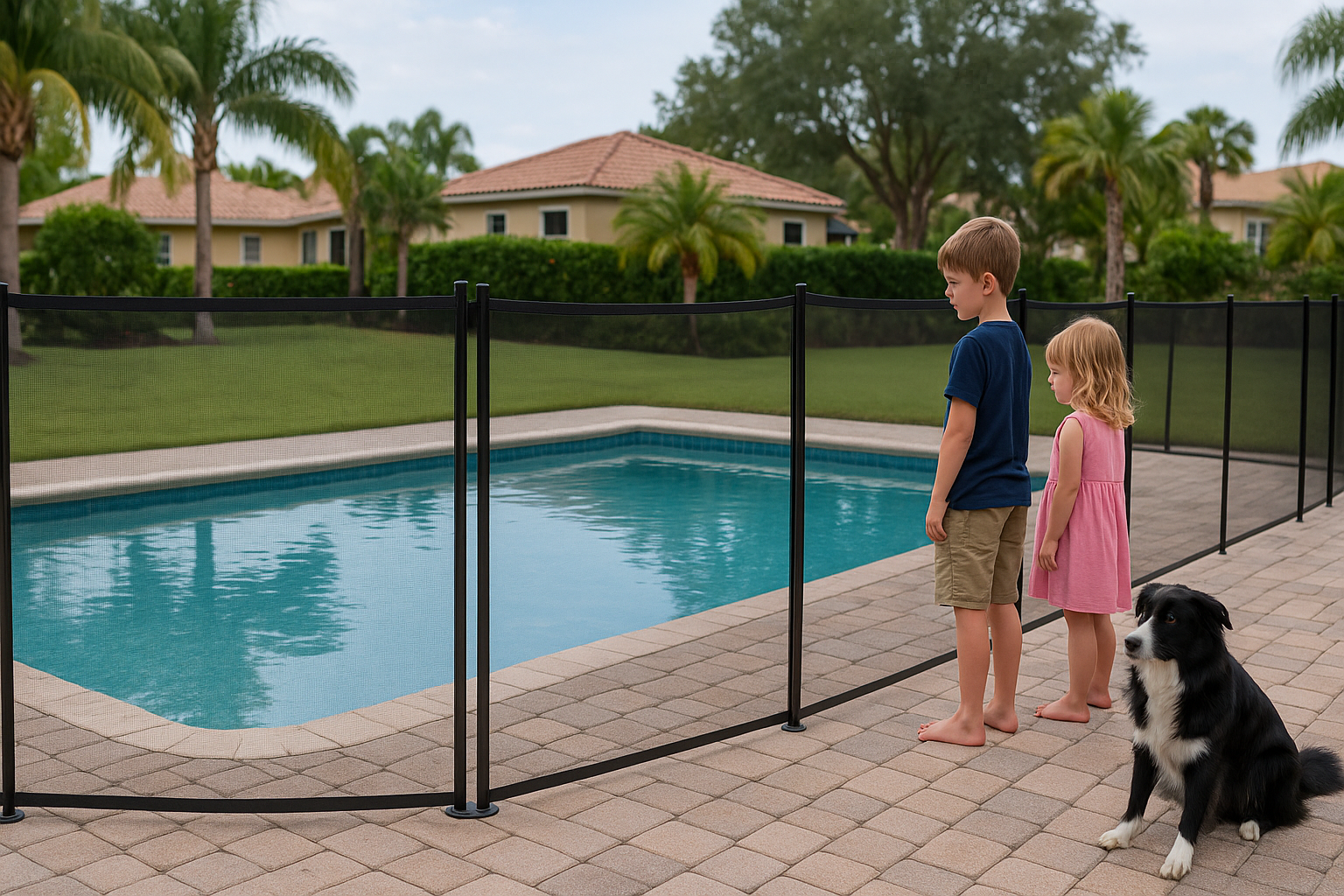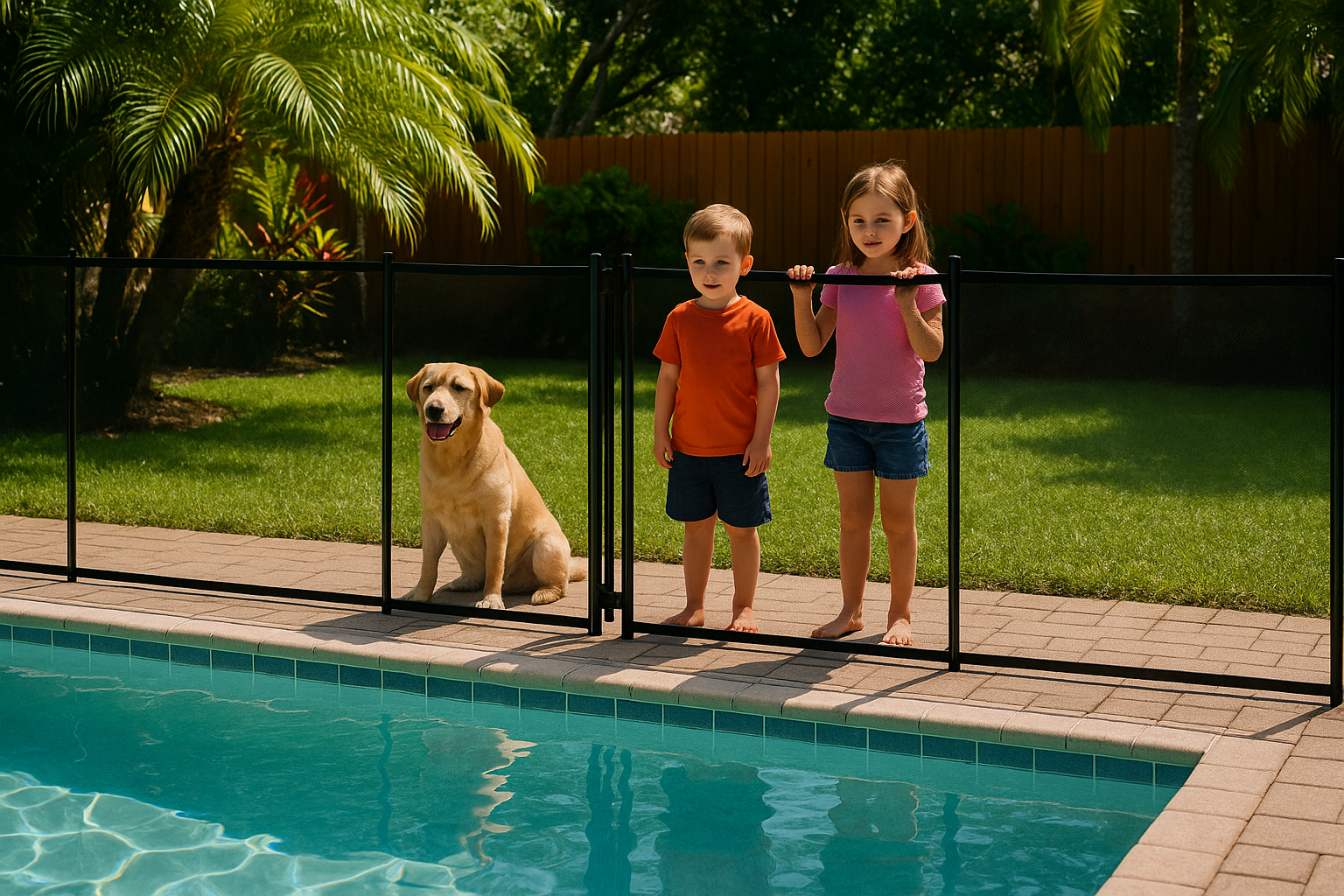Diarrhea and Swimming
Swimming is a popular and refreshing activity that people of all ages enjoy. However, when you’re dealing with diarrhea, the decision to take a dip becomes a critical one. Diarrhea and swimming may seem like unrelated topics, but they intersect in essential ways related to health, hygiene, and safety. In this comprehensive article, we will explore the connection between diarrhea and swimming, focusing on the potential risks, preventive measures, and guidelines for maintaining a safe and enjoyable aquatic experience.
I. Understanding Diarrhea
Before we dive into the relationship between diarrhea and swimming, let’s first grasp what diarrhea is and its common causes.
What Is Diarrhea?
Diarrhea is a condition characterized by the frequent passage of loose, watery, and often uncontrollable bowel movements. It is typically a symptom of an underlying issue and not a disease in itself. Diarrhea can range from mild and short-lived to severe and chronic, and it may be accompanied by abdominal cramps, nausea, and dehydration.
Common Causes of Diarrhea
Diarrhea can be caused by various factors, including:
- Infections: Viral, bacterial, and parasitic infections are common causes of acute diarrhea. Common culprits include norovirus, rotavirus, E. coli, and Giardia.
- Food Poisoning: Consuming contaminated food or water can lead to food poisoning, which often results in diarrhea.
- Traveler’s Diarrhea: When traveling to regions with different sanitation standards or food hygiene practices, individuals may be at risk of traveler’s diarrhea.
- Dietary Choices: Consuming large amounts of certain foods or beverages, such as spicy foods, caffeine, or artificial sweeteners, can trigger diarrhea in some individuals.
- Medications: Some medications, especially antibiotics, can disrupt the balance of gut bacteria and lead to diarrhea as a side effect.
- Underlying Conditions: Chronic conditions like irritable bowel syndrome (IBS), Crohn’s disease, and celiac disease can lead to persistent diarrhea.
II. The Connection Between Diarrhea and Swimming
When people with diarrhea enter swimming pools, the risk of contamination and the spread of waterborne illnesses increase significantly. Here’s how diarrhea and swimming are connected:
1. Fecal-Oral Route:
Swimming pools can become contaminated when individuals with diarrhea enter the water. The diarrhea may contain infectious pathogens, such as viruses and bacteria. When these pathogens come into contact with the pool water, they can survive for extended periods and pose a risk to other swimmers. In essence, swimming in a pool with a diarrhea-contaminated water supply creates a “fecal-oral” route of transmission, where pathogens from the feces enter the mouths of other swimmers.
2. Chlorine Resistance:
While swimming pool water is typically treated with chlorine and other chemicals to disinfect it, certain pathogens are resistant to these treatments, particularly in the presence of organic matter like feces. Cryptosporidium (Crypto) is a parasite that is notoriously chlorine-resistant and can cause diarrhea and other gastrointestinal symptoms. Swallowing even a small amount of water contaminated with Crypto can lead to infection.
3. Risk of Outbreaks:
Outbreaks of waterborne illnesses associated with swimming pools have occurred due to contaminated water. These outbreaks can affect numerous individuals who were exposed to pathogens through the water, leading to illnesses ranging from diarrhea to respiratory issues.
III. The Importance of Diarrhea Management Before Swimming
Given the potential risks associated with diarrhea and swimming, it’s essential to emphasize the importance of diarrhea management before entering a pool. Here are some key considerations:
1. Stay Out of the Water:
The most straightforward and responsible action to take if you have diarrhea, particularly if it is accompanied by loose stools and abdominal cramps, is to stay out of the water until the condition resolves. Avoidance is the primary means of preventing contamination.
2. Be Honest and Responsible:
It is vital to be honest about your health when using public swimming facilities. If you or a family member is experiencing diarrhea or has had diarrhea recently, do not attempt to enter the pool. Responsible behavior helps protect the health of others.
3. Frequent Bathroom Breaks:
If you are at a swimming facility with children, ensure they take frequent bathroom breaks, especially if they are not yet toilet-trained. Promptly change diapers in designated changing areas and dispose of them appropriately.
4. Shower Before Swimming:
Encourage everyone to shower thoroughly before entering the pool. This helps remove residual fecal matter from the body, reducing the risk of contamination.
IV. Pool Management and Safety Measures
Pool managers and operators play a crucial role in preventing diarrhea-related incidents. Here are some steps that can be taken to maintain safe swimming environments:
1. Regular Water Testing:
Swimming pool water should be regularly tested to ensure appropriate chlorine and pH levels. Monitoring these parameters helps maintain a healthy and safe swimming environment.
2. Adequate Filtration:
Investing in efficient pool filtration systems is essential to remove contaminants from the water. Proper filtration can help reduce the concentration of pathogens and organic matter.
3. Educate Staff:
Pool staff should receive training on water quality management and hygiene protocols. They should be vigilant about monitoring swimmers and promptly addressing any contamination incidents.
4. Encourage Hygiene:
Post signs reminding swimmers to shower before swimming, use restroom facilities as needed, and avoid swimming if they have diarrhea. Educate visitors on the importance of personal hygiene to prevent contamination.
V. Conclusion: A Shared Responsibility
In conclusion, the connection between diarrhea and swimming underscores the shared responsibility of individuals, pool operators, and the broader community in maintaining safe and enjoyable aquatic experiences. Diarrhea is not only uncomfortable for the affected individuals but can pose significant health risks when it enters swimming pool water. By staying informed, practicing responsible behavior, and promoting proper pool management, we can collectively reduce the risk of waterborne illnesses and ensure that swimming remains a healthy and enjoyable activity for everyone. Swimming in clean, safe water is a pleasure worth preserving, and it begins with understanding the importance of keeping diarrhea out of the pool.
Don’t forget to install a Baby Barrier Safety Fence. These are specifically designed for each pool to keep your family, pets and guest safer, even when you are not watching your pool. Check out all the safety fence options and schedule your estimate today!
Now enjoy your pool with these safe swimming tips!





